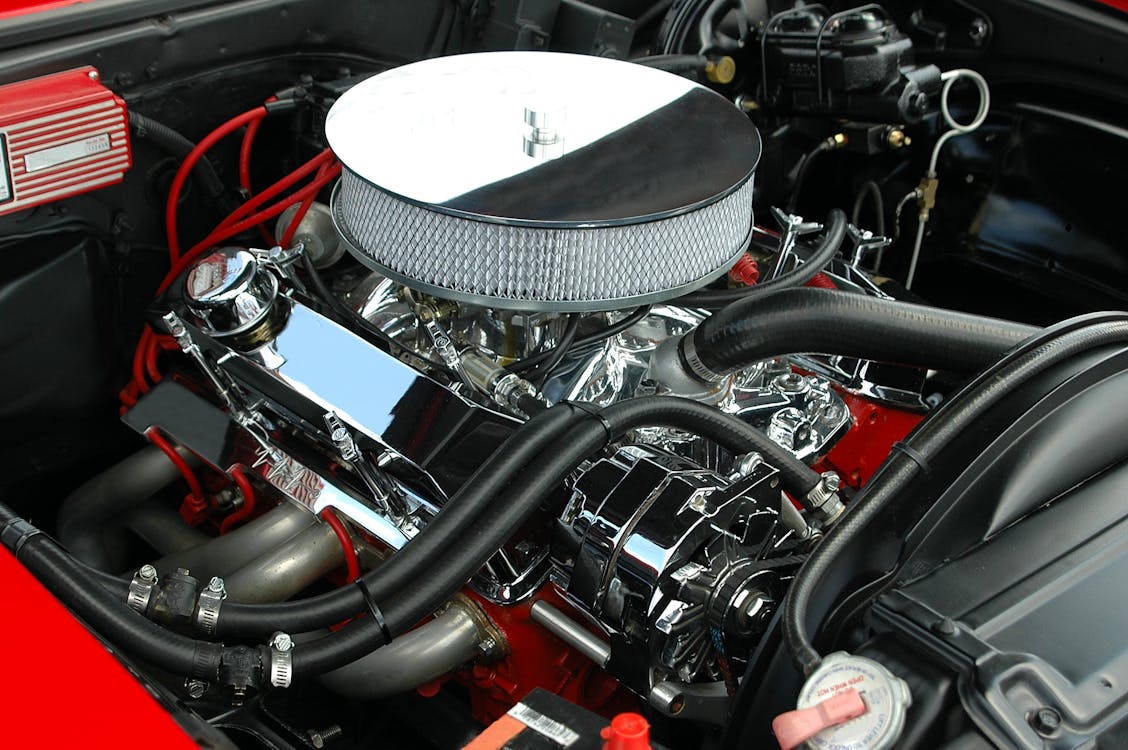Lesser Known Engine Maintenance Your Vehicle Might Need Done
Keeping your vehicle in good shape often comes down to understanding the smaller, less obvious maintenance tasks.

Proper engine maintenance goes beyond the basics of oil changes and tire rotations. There are several lesser-known tasks that can make a big difference in how your vehicle performs and how long it lasts. By understanding and addressing these often-overlooked areas, you can help prevent common issues and keep your engine running efficiently. This article will explore some of these maintenance tasks, providing helpful insights into why they matter and how they can contribute to the overall health of your vehicle.
Inspecting the Timing Belt Periodically
The timing belt plays a key role in maintaining proper engine function by synchronizing the rotation of the crankshaft and camshaft. This ensures that engine valves open and close at the right time during each cylinder's intake and exhaust strokes. Over time, the timing belt can wear down, crack, or even break, which can lead to serious engine damage. To avoid costly repairs, it’s important to routinely inspect the belt for signs of wear, such as fraying, cracking, or glazing. Manufacturers typically recommend replacing the timing belt at specific mileage intervals, which can vary depending on the vehicle. Regular checks and timely replacement can help you maintain engine performance and reliability.
Maintaining a Healthy Fuel Injector System
Fuel injectors play a key role in delivering the right amount of fuel to the engine's combustion chambers, ensuring efficient performance and proper engine function. Over time, fuel injectors can become clogged with dirt, debris, or deposits from the fuel itself, leading to reduced fuel efficiency, misfires, or a rough running engine. Common symptoms of clogged fuel injectors include engine hesitation, poor acceleration, or increased emissions. To keep your fuel injector system performing optimally, regular maintenance such as using fuel additives or professional cleaning can help prevent buildup and keep your engine running smoothly.
Getting Engine Cylinder Heads Repaired
Engine cylinder heads play a key role in the performance and efficiency of your vehicle. Over time, wear and tear or specific issues, such as overheating, loss of power, or oil leaks, can indicate that the cylinder head needs attention. Addressing these problems promptly through repairs can help maintain your engine's function and prevent more extensive damage, which could lead to costly replacements. Regular maintenance by professionals at an auto machine shop ensures smoother operation of engine components, including the cylinder head, and helps extend the lifespan of your vehicle.
Cleaning and Replacing the Air Intake Filter
A clean air intake filter plays a significant role in maintaining your engine’s performance and longevity. When the filter becomes dirty or clogged, it restricts airflow to the engine, reducing efficiency and potentially causing increased fuel consumption. Over time, this can lead to a buildup of debris that may harm engine components. To keep your engine running smoothly, it’s recommended to replace the air filter at regular intervals, typically every 12,000 to 15,000 miles, or as suggested by your vehicle’s manufacturer. Regular maintenance of the air intake filter not only improves engine performance but also ensures cleaner emissions and better fuel economy.
Ensuring Proper Care of the Crankcase Ventilation System
The positive crankcase ventilation (PCV) valve plays a key role in maintaining the overall health of an engine by managing the release of gases from the crankcase. It helps redirect these gases back into the intake manifold, where they can be burned off instead of being released into the atmosphere. Over time, the PCV valve can become clogged or stuck due to oil and carbon buildup, which may lead to increased pressure in the crankcase, oil leaks, or reduced engine performance. Regular inspection and replacement of the PCV valve, as needed, can help ensure smooth engine operation and prevent potential damage caused by excessive buildup or improper ventilation.
Keeping your vehicle in good shape often comes down to understanding the smaller, less obvious maintenance tasks that make a big difference over time. From checking the timing belt and maintaining clean fuel injectors to addressing cylinder head repairs, air intake filters, and the crankcase ventilation system, these practices contribute to your engine’s overall health and performance. Regularly paying attention to these aspects not only helps prevent unexpected breakdowns but also extends the life of your car. With a bit of care and routine check-ups, you can enjoy a smoother, more efficient ride for years to come.

